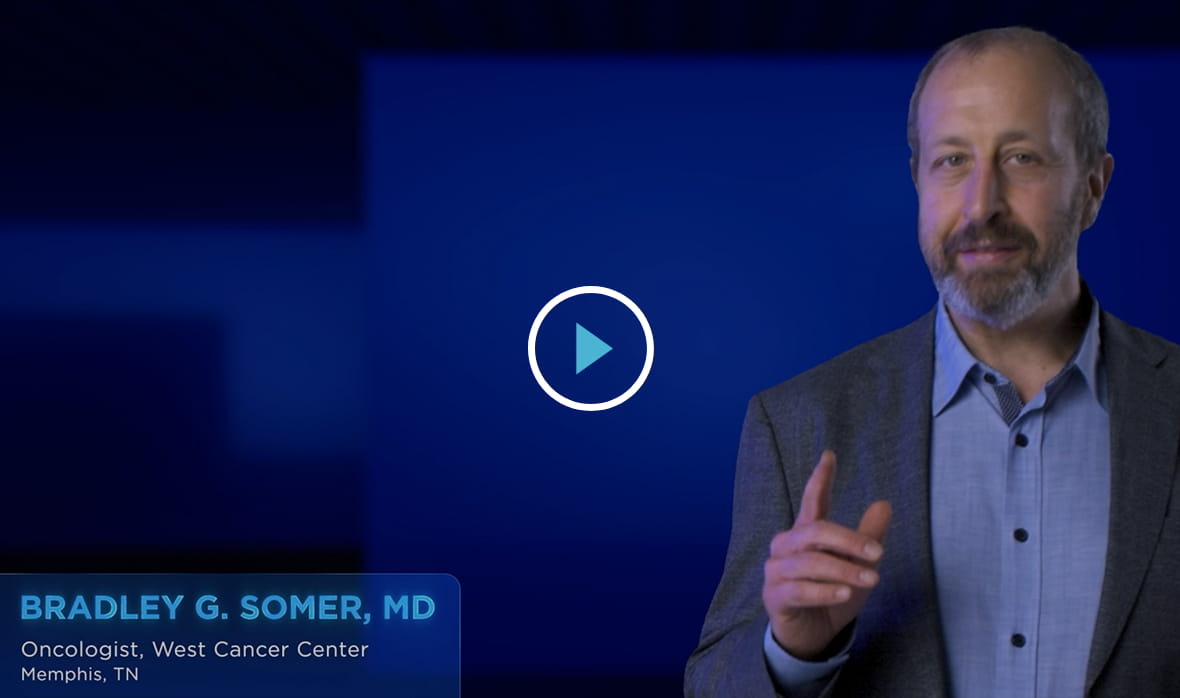INDICATION AND LIMITATIONS OF USE
Vectibix® is indicated for the treatment of adult patients with wild-type RAS (defined as wild-type in both KRAS and NRAS as determined by an FDA-approved test) metastatic colorectal cancer (mCRC): Read More
Vectibix® is indicated for the treatment of adult patients with wild-type RAS (defined as wild-type in both KRAS and NRAS as determined by an FDA-approved test) metastatic colorectal cancer (mCRC): Read More






